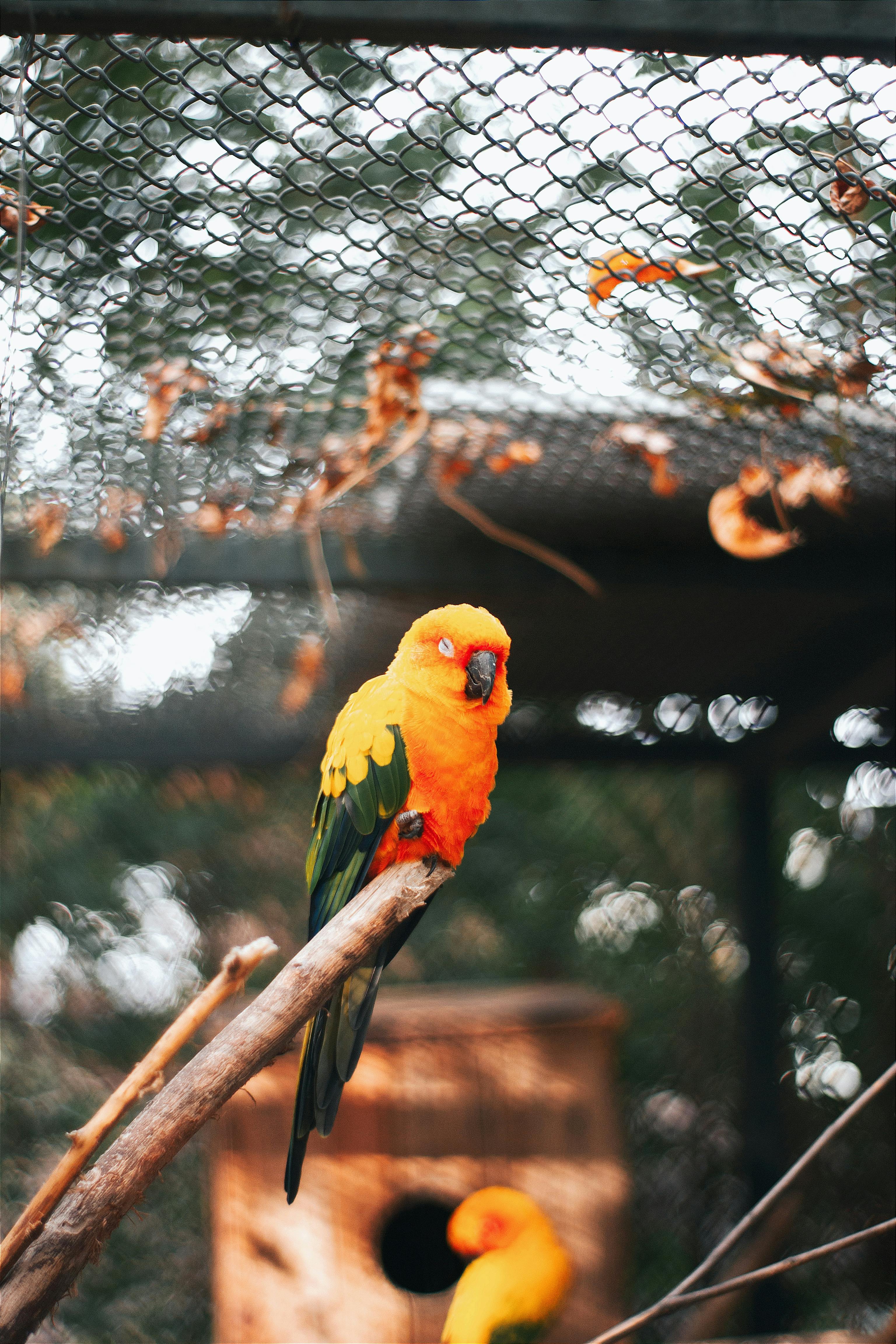
Apply Now


Top 5 Coolest Freshwater Fish to Explore in 2025
The allure of freshwater fish has captivated fish enthusiasts, hobbyists, and families looking to introduce vibrant life into their homes. With innumerable options available, 2025 presents exciting new discoveries within the world of cool freshwater fish. Understanding the **coolest fish species** requires not just a look at their appearance, but also their behaviors and specific care requirements. In this article, we will dive into the **best freshwater fish for tanks**, emphasizing unique characteristics, care essentials, and considerations for setting up a thriving aquarium. Exploring various **popular freshwater fish** can significantly enhance your fishkeeping experience. With beautiful colors, diverse sizes, and captivating behaviors, these species promise to be a focal point in any aquatic habitat. Whether you are a beginner or an experienced aquarist, learning about these **colorful freshwater fish** will aid you in creating a peaceful community tank that supports the well-being of each inhabitant. In this guide, we’ll cover the top five coolest freshwater fish for 2025. Get ready to explore the ideal candidates for your next aquarium setup!1. Betta Fish: Vibrant and Unique
Building on the diversity of freshwater species, the Betta fish stands out as one of the **cool freshwater fish** commonly celebrated for their unique appearance and personalities.Characteristics and Behavior
Betta fish exhibit stunning colors and long, flowing fins, making them visually captivating. These fish are known for their aggressive tendencies, especially among males, necessitating careful selection of tank mates. Peaceful species can thrive alongside Betta fish if chosen wisely. Hailing from Southeast Asia, Betta fish require warm water temperatures and a well-maintained tank. Ideal parameters include a pH around 6.5-7.5 and a minimum tank size of 5 gallons. If you wish to explore Betta care further, consider learning about specific feeding routines and maintaining appropriate water quality with filtration systems.Tank Setup Ideas
When designing a Betta aquarium, incorporating live plants and hiding spots creates a stimulating environment for these fish. The combination of floating plants and subdued lighting enhances the habitat, ensuring well-being while allowing bettors to exhibit natural behavior. For more inspiration, check out images showcasing beautiful aquascaping ideas specifically tailored for Betta fish.Common Mistakes to Avoid
New aquarists often overlook proper tank size and filtration, leading to stress and illness. Avoid overcrowding; having only one male Betta per tank ensures fewer territorial disputes.2. Neon Tetras: The Community Gem
Following the vibrant world of Betta fish, Neon Tetras have earned their reputation as one of the **best freshwater fish for community tanks.** These small, peaceful fish thrive in school settings, offering flashes of color and personality.Care Requirements and Compatibility
Neon Tetras require a minimum tank size of 10 gallons with soft, acidic water to flourish. They are social creatures; having a school of at least six will foster a less stressed environment. These fish exhibit stunning iridescence, and their compatibility with other peaceful fish species makes them an excellent addition to community aquariums. Consider suitable combinations like guppies or Corydoras, which share similar requirements and enhance the aquatic landscape.Feeding and Nutrition
Feeding Neon Tetras involves providing high-quality flakes and occasional live or frozen foods. A balanced diet is crucial for their health and vibrancy. For aquatic plant enthusiasts, incorporating live plants creates a more appealing environment, improving aesthetics while offering hiding spots for Tetras.
Monitoring Fish Health
Regularly check for any signs of stress, such as faded colors or unusual swimming patterns. Proper water quality maintenance goes a long way in preventing health issues within your aquarium.3. Angelfish: Majestic Freshwater Aesthetics
Transitioning to larger species, Angelfish are among the **exotic freshwater fish** appreciated for their striking beauty and grace. These fish captivate aquarium keepers with their unique body shapes and flowing fins.Habitat and Minimum Tank Size
Angelfish require a spacious tank setup, recommended at a minimum of 20 gallons to allow for swimming room and territorial behavior. Keeping Angelfish in pairs or small groups is advisable, ensuring they are well socialized and feel secure. Considerations for setting up include creating vertical structures and utilizing tall plants to replicate their natural habitat effectively.Behavioral Traits
Angelfish display captivating social behaviors, often creating hierarchies within their groups. Providing ample space and hiding spots will minimize conflict, particularly during breeding. Ensure to research compatible tank mates closely; species like Tetras or Gouramis can coexist peacefully with Angelfish, contributing to the dynamic nature of the fish community.Care Practices and Feeding
A varied diet of high-quality flakes, pellets, and occasional frozen foods is necessary for Angelfish to thrive. Monitoring water params for pH levels around 6.8-7.8 and maintaining temperature in the range of 76°F to 82°F will ensure optimum environmental conditions.4. Gourami: Friendly and Colorful Companions
Expanding on the diversity of freshwater fish, Gouramis introduce an array of color and personality to any aquarium setup. These fish are known for their friendly demeanor and adaptability to different tank conditions, making them ideal for beginners and experienced aquarists alike.Types and Variants
Among the various Gourami types, the Dwarf Gourami and the Pearl Gourami are among the most popular. They thrive in planted tanks and adapt well to moderate water parameters, with preferences similar to those of Betta fish. You can introduce a variety of Gourami species in a community tank while ensuring clean, well-oxygenated water.Tank Setup and Maintenance
Creating a balanced environment for Gouramis involves an understanding of tank density. For best results, incorporate plenty of aquatic plants, which serve as hiding spots and enhance the aesthetics of your aquarium. Regular maintenance through water changes and monitoring for common freshwater fish diseases will keep your Gourami healthy.